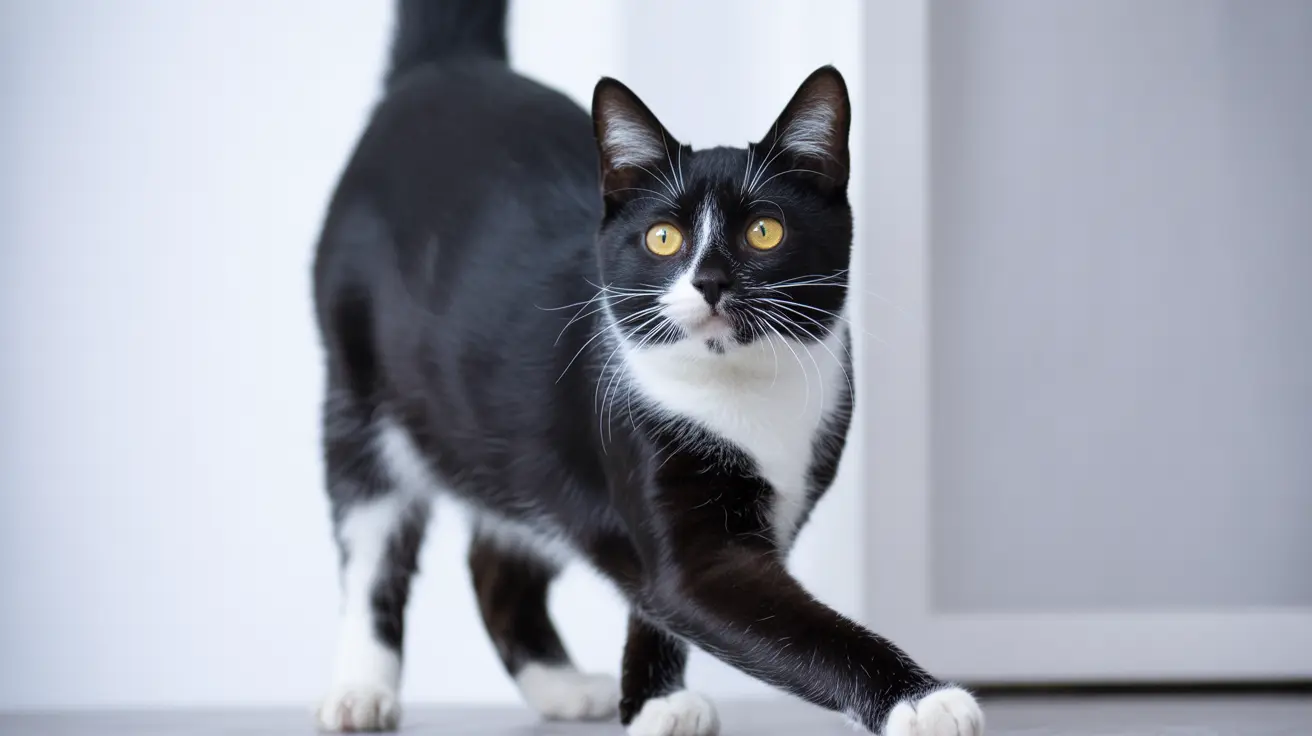Can You Mix Eggs with Cat Food? A Guide for Pet Owners
Caring for your feline companion includes making thoughtful choices about their diet. One question that often arises is: Is it okay to mix eggs with cat food? The answer is generally yes—but with certain precautions. Adding eggs in moderation can provide nutritional diversity, offering protein, vitamins, and essential fatty acids. This article explores the benefits, risks, and best practices for feeding eggs to your cat alongside their regular food.
Benefits of Adding Eggs to Cat Food
Eggs are considered a highly nutritious food for both humans and animals. When prepared correctly, they can complement your cat’s diet in multiple ways:
- High-Quality Protein: Eggs are rich in complete proteins, containing all the essential amino acids cats need.
- Vitamins and Minerals: Eggs contain B vitamins, including B12, riboflavin, and folate, which support overall health.
- Omega-3 and Omega-6 Fatty Acids: These contribute to a healthy coat and skin.
- Digestibility: Properly cooked eggs are easy for cats to digest when added in small amounts.
How to Safely Prepare Eggs for Cats
When considering adding eggs to your cat’s diet, cooking method matters. Raw eggs pose a risk of bacterial contamination, while certain preparations can add unnecessary fats or spices.
Best practices include:
- Cook Thoroughly: Scrambled or boiled eggs with no salt, spices, or oils added.
- Portion Control: One small egg per week is enough for most adult cats.
- Remove Shells: While eggshells offer calcium, they should be ground finely or omitted unless approved by a vet.
Risks and Precautions
Despite their benefits, eggs are not suitable for all cats. Some felines may have food sensitivities or pre-existing health conditions. Consider the following:
- Allergies: Some cats may be allergic to eggs, resulting in skin irritations or digestive upset.
- Calories: Eggs add extra calories, which could lead to weight gain if not properly managed.
- Imbalance: Overusing eggs may disrupt the nutrient balance of a commercial cat food diet.
Veterinary Insight
Before introducing any new food item, including eggs, to your pet’s diet, consult your veterinarian. They can recommend the right portion size and frequency based on your cat’s age, weight, and health status.
When and How Often to Feed Eggs
As a rule of thumb:
- Frequency: No more than 1–2 small servings per week.
- Meal Integration: Mix with regular food or serve as a separate treat.
- Observation: Monitor for allergic reactions or gastrointestinal issues.
Signs of Egg Intolerance in Cats
Watch your cat closely after introducing eggs. Seek veterinary attention if you notice:
- Vomiting or diarrhea
- Scratching or ear inflammation
- Low energy or appetite changes
Conclusion
Mixing eggs with cat food can be a wholesome, protein-rich supplement when done safely. Keep portions small, avoid raw or seasoned eggs, and pay attention to your cat's response. With responsible feeding, eggs can be a tasty and nutritious addition to your feline’s weekly routine.





